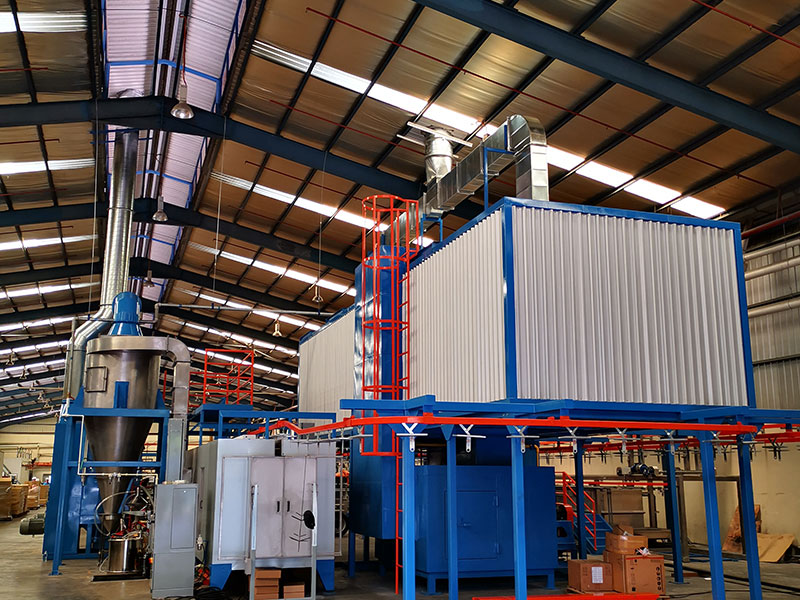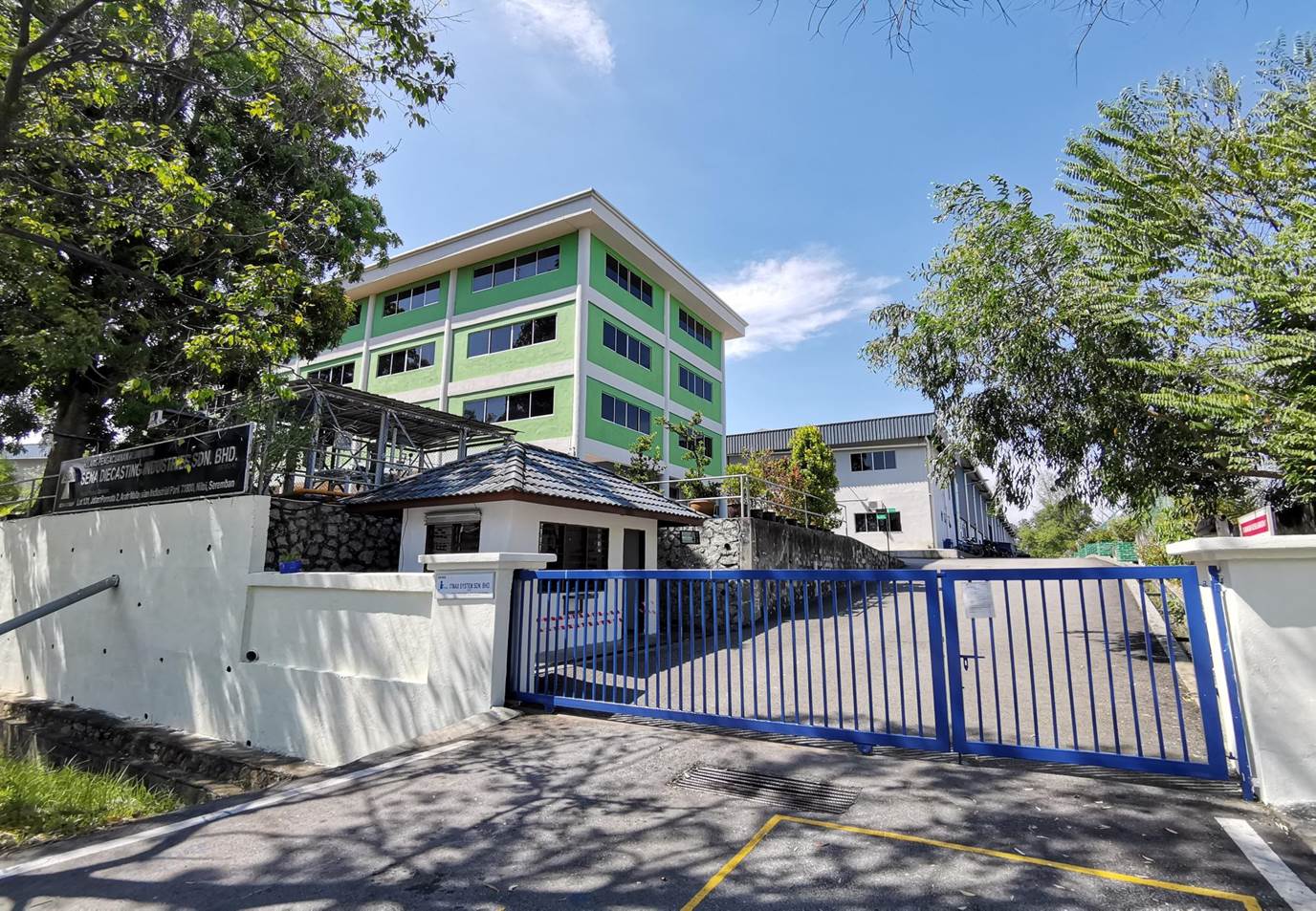The diecasting industry in Malaysia has witnessed significant growth over the past few decades, becoming a vital part of the country’s manufacturing sector. Diecasting, a metal casting process where molten metal is injected into molds at high pressure, has gained prominence in various industries, including automotive, electronics, and consumer goods. Malaysia’s strategic location in Southeast Asia, along with its skilled workforce and investment in modern technologies, has made it an attractive destination for companies seeking high-quality diecasting services. The country’s manufacturing capabilities and commitment to innovation have positioned it as a key player in the global diecasting market.

One of the main factors contributing to the growth of the diecasting malaysia is the increasing demand from the automotive sector. As a major producer of vehicles and automotive components, Malaysia has developed a strong supply chain that supports the manufacturing of lightweight, durable parts using diecasting processes. Diecast components, such as engine blocks, transmission cases, and structural parts, are critical in the production of fuel-efficient and environmentally friendly vehicles. As the global automotive industry shifts toward electric and hybrid vehicles, the demand for precision diecast components is expected to grow further, boosting the local diecasting industry.
In addition to the automotive sector, Malaysia’s diecasting industry has also benefited from the growth of the electronics and telecommunications industries. With the rising demand for consumer electronics and communication devices, manufacturers require high-quality metal parts that can withstand complex applications. Diecast components, such as casings for smartphones, laptops, and other electronic devices, offer durability, precision, and the ability to be produced in large quantities. Malaysia’s electronics manufacturing sector has consistently relied on diecasting techniques to meet the stringent requirements of international markets, further solidifying its reputation as a reliable source of diecast parts.
One of the key advantages that Malaysia offers to the global diecasting industry is its skilled and adaptable workforce. The country has invested heavily in vocational training programs and technical education to ensure that workers are well-equipped with the skills needed to operate advanced machinery and adhere to the high-quality standards required in diecasting. This focus on education and training has allowed Malaysia to compete with other manufacturing hubs in the region, particularly in terms of producing complex and high-precision diecast components. The availability of a skilled workforce, coupled with competitive labor costs, has made Malaysia a preferred destination for multinational companies seeking cost-effective diecasting solutions.
Innovation and the adoption of new technologies have played a crucial role in the continued growth of Malaysia’s diecasting industry. Local manufacturers have increasingly embraced automation, robotics, and computer-aided design (CAD) to improve production efficiency and reduce lead times. These advancements have enabled diecasting companies in Malaysia to offer more customized solutions, catering to the specific needs of their clients. The use of sophisticated technology not only enhances the quality of diecast components but also reduces production costs, making Malaysia a more attractive option for businesses looking for high-quality, cost-effective manufacturing solutions.
Looking ahead, the future of the diecasting industry in Malaysia appears promising. With global demand for lightweight and durable components on the rise, particularly in the automotive, aerospace, and electronics sectors, Malaysia is well-positioned to capitalize on these opportunities. The country’s commitment to innovation, investment in skilled labor, and focus on sustainability will likely continue to attract international clients. Moreover, Malaysia’s proactive approach to implementing eco-friendly manufacturing processes, such as the use of recyclable materials and energy-efficient machinery, will further enhance its competitiveness in the global diecasting market.
In conclusion, diecasting in Malaysia has emerged as a key component of the country’s manufacturing sector, contributing to the growth of various industries such as automotive, electronics, and telecommunications. The combination of skilled labor, technological innovation, and a commitment to high-quality production has enabled Malaysia to become a leader in the global diecasting industry. As the demand for precision diecast components continues to rise, Malaysia’s diecasting industry is expected to thrive, providing cost-effective and sustainable solutions to clients around the world.

